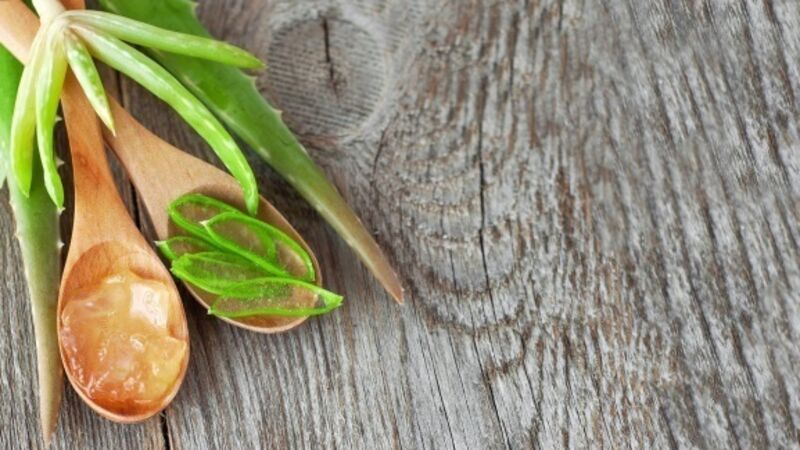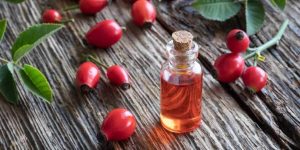Aloe Vera is a member of the Lily family. It is a succulent that looks a lot like a cactus and is known by various names such as the burnt plant, the miracle plant, the natural healer and the medicine plant. Although there are more than two hundred species of Aloe Vera, only a few have medicinal properties, and of these Aloe Vera Barbadensis is the most beneficial.
The Aloe Vera plant reaches maturity at about four years of age. The outer leaf is smooth and rubbery and inside is the gel and sap which is harvested, preserved and bottled to give either a juice or when combined with other ingredients creams, lotions and gels. About 96% of the plant is water. The rest is made up of minerals such as magnesium, zinc, copper, chromium and the antioxidant selenium, vitamins including the antioxidants C, E and beta carotene, 20 of the 22 amino acids required by the body including 7 of the 8 that cannot be manufactured by the body, sugars, enzymes and fatty acids. The combination of these elements has a more powerful effect together than they would individually. This is because each enhances the effect of the other, an occurrence that is known as synergism.
Aloe Vera works in two different areas; by promoting healing or preventing injury to the epithelial tissues (the skin, the lining of the gut, the bronchial tubes, etc) and by balancing the immune system when its antioxidants fight the free radicals produced by our metabolism and pollutants in the environment.
When taken internally, Aloe Vera is soothing to digestive tract irritations, such as colitis and peptic ulcers. The anti-inflammatory fatty acids are also helpful for the stomach, small intestine and colon. It alkalises the digestive juices preventing overacidity a common cause of indigestion. Amongst many other ailments that have been helped by Aloe Vera are diverticulitis, Irritable Bowel Syndrome, constipation and haemorrhoids. Conditions that are improved by balancing the immune system are arthritis, asthma, ME (post viral fatigue syndrome) and LE (lupus).
When applied to the skin Aloe Vera improves a large variety of skin complaints such as eczema, psoriasis, ulcers, burns, stings, acne, bites, scrapes, abrasions, scalp care, sore muscles, cold sores, bruises, sprains and frostbite to name but a few!
More recent studies show Aloe Vera can help prolong survival time and stimulate the immune system of cancer patients. This is partly by fighting free radicals with its antioxidant properties and also by stimulating the white blood cells causing the release of immune-activating and anticancer substances such as interferons, interleukins and tumour necrosis factor. These properties of Aloe Vera have also made it an effective part of a nutrition support program for HIV patients; leading to fewer occurrences of infections such as thrush, fatigue and diarrhoea and an increase in the number of white blood cells meaning a boost to their immune system.
Aloe Vera – No Wonder They Call It The ‘Miracle Plant’

More from Health & WellnessMore posts in Health & Wellness »
- Coping with Spring Allergies: Tips to Breathe Easy This Season
- Berberine: Social Media Dubbed “Nature’s Ozempic”?
- Heart supplements that will energize your body and reduce the side effects of statin drugs
- 10 Tips to a Healthy Football Season
- Boost Your Immunity: The 12 Best Foods for Immune System Support




